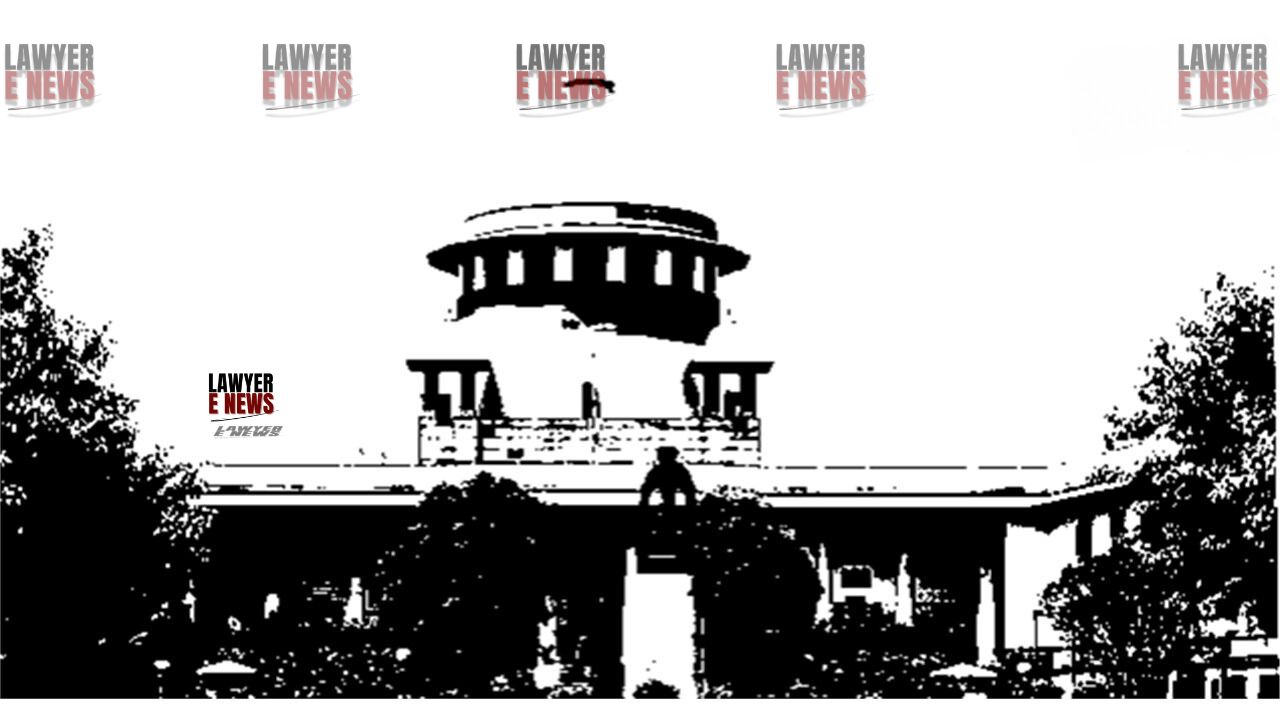-
by sayum
14 February 2026 2:22 PM



The Supreme Court of India has revised the compensation awarded to the claimants in a motor accident case, highlighting crucial aspects of deductions for dependents and the calculation of future prospects. The decision, which overturns certain elements of the Orissa High Court's judgment, underscores the importance of adherence to established legal principles in determining compensation for victims' families.
The case concerns the tragic death of Bichitra Nayak, an employee of ESSAR Steel Orissa Limited, who was killed in a road accident on June 4, 2010, while working as a 'Khalasi' in an ambulance. The vehicle collided with a truck, resulting in Nayak's instant death. His wife, Rojalini Nayak, along with other family members, sought compensation, leading to a protracted legal battle over the amount owed.
The Motor Accident Claims Tribunal (MACT) initially denied any compensation from the truck's owner or insurer, attributing no rash or negligent behavior to the truck driver. However, upon appeal, the Orissa High Court partially granted relief, awarding a reduced sum after deducting compensation already paid by the employer of the deceased.
The Supreme Court observed that the High Court incorrectly applied a 1/3rd deduction for personal expenses, despite there being four dependents on the deceased. Citing established legal standards, the Court ruled that a 1/4th deduction should have been applied instead. This correction significantly impacted the final compensation calculation.
The Court also addressed the future prospects, which the High Court had set at 25%. Referring to the Constitution Bench's decision in National Insurance Co. Ltd. v. Pranay Sethi, the Supreme Court stated that the appropriate addition for future prospects should be 30% for a deceased person aged between 40 to 50 years, as Nayak was. This adjustment further increased the compensation amount.
The High Court's award of Rs. 1,00,000 for loss of consortium was found to be inconsistent with the Pranay Sethi guidelines. The Supreme Court recalculated this amount, considering periodic enhancement due to inflation, and awarded Rs. 1,93,600 under this head, applying a 10% increase every three years.
The judgment carefully aligns with the principles laid out in previous Supreme Court decisions, particularly concerning the quantification of conventional heads like loss of consortium and funeral expenses. By rectifying the deductions and future prospects calculations, the Supreme Court reinforced the necessity of precise adherence to legal precedents in such cases.
"The deduction for personal expenses should be by 1/4th and not 1/3rd when there are four dependents on the deceased," the bench stated, underscoring the correct application of legal principles. "Further, the addition for future prospects should be 30%, reflecting the deceased's permanent employment status and age."
The Supreme Court's ruling in this case sets a crucial precedent for the calculation of compensation in motor accident claims, particularly regarding deductions for dependents and future prospects. By revising the High Court's judgment, the Supreme Court has clarified essential legal standards, ensuring fair and accurate compensation for the victims' families.
Date of Decision: August 7, 2024.
Rojalini Nayak & Ors. v. Ajit Sahoo & Ors.
